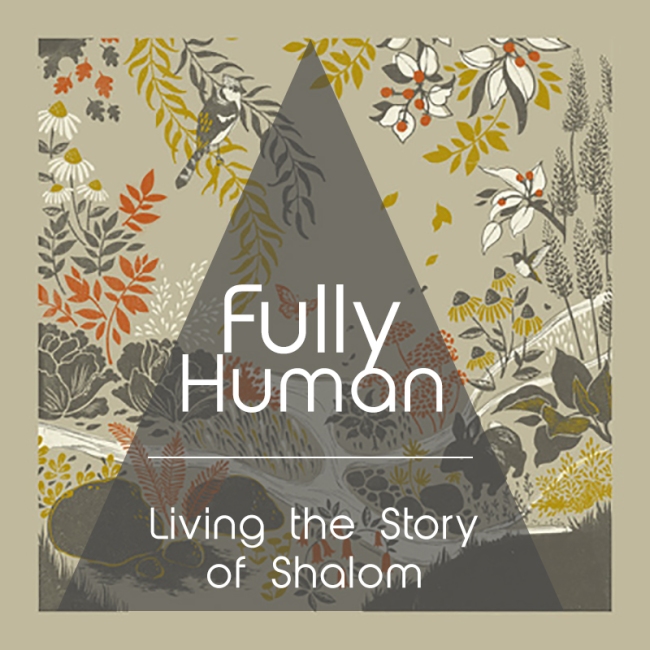Fully Human: Grandparents, Childhood, and the importance of Character
As a young boy my family made the move from Powell River to Nanaimo, leaving behind my cousins, aunts and uncles, and my grandparents. Because they were still there, there was no better place for me to spend a long weekend while I was growing up than in Powell River. I especially loved sleeping over at my grandparents’ house as it meant: homemade bread, lots of junk food, and as much King-Cole-brand Orange Pekoe tea as a guy could drink (yes I’ve always been the teatotaler that I am today).
A visit to my grandparents also inevitably involved participating in their Sunday morning routine: It began with attendance at Westview Baptist’s early church service, followed by a trip to the extended care wing of the hospital to serve the patients their lunch, continued with back-to-back half hour episodes of “Router Workshop” on HGTV back at my grandparents, and finally concluded with a trip to “Mr. Mikes” for lunch.
As a kid I never looked forward to the extended care visits. Most of the patients were in the last stages of life and had a variety  of disabilities: some were lame, deaf, mute, and lots were all of the above. Many had advance Alzheimer’s or Dementia and as a result could not communicate in a lucid manner. I remember trying to not get too close to the patients. I remember hoping they wouldn’t make eye contact. I remember sticking close to my grandparents, letting them do the talking and wishing that I would be able to leave without having to say anything. And this is to be expected. After all, I was just a kid right? I had a poor night’s sleep from staying up too late watching TV, I was cranky from getting up too early and eating too much junk food, and I was hungry. The last place I wanted to be was in that place.
of disabilities: some were lame, deaf, mute, and lots were all of the above. Many had advance Alzheimer’s or Dementia and as a result could not communicate in a lucid manner. I remember trying to not get too close to the patients. I remember hoping they wouldn’t make eye contact. I remember sticking close to my grandparents, letting them do the talking and wishing that I would be able to leave without having to say anything. And this is to be expected. After all, I was just a kid right? I had a poor night’s sleep from staying up too late watching TV, I was cranky from getting up too early and eating too much junk food, and I was hungry. The last place I wanted to be was in that place.
The matter was significantly different for my grandparents, however. They interacted with the patients with compassion and tenderness. They spoke to them as valuable human beings and in doing so afforded them the full dignity that they were worth. For my grandparents, these were not patients worthy of pity or fear but human beings who also happened to be old friends or co-workers, or fellow church members. My grandparents knew their names and knew most of their life stories. My grandparents actually loved them.
I contrast the type of visitor I was with the type of visitor my grandparents were in order to make a very important point: ethical living requires more than just doing the right thing, it also involves being the right kind of person.
At a surface level there is no difference between my boyhood self and my grandparents. We both did the exact same things. However if you were a patient in the extended care wing, you would certainly be able to feel a drastic difference between the two. This difference comes down to motivation and character. I after all was there solely out of obligation and my grandparents were there because of sincere care. In the world of ethics, moral thinking centred on character is called virtue theory. In virtue theory, the primary question is “what kind of person am I” instead of “what should I do”. In this way of thinking a person is to embody positive traits of character called virtues and are to avoid negative traits of character called vices.
I believe that this is the type of morality that Jesus is most concerned about. The gospels record case after case of Jesus’ frustration with people who were so fixated on following the rules and “doing the right thing” but who failed to be good people. Jesus once famously remarked to a group of religious leaders that their neglect of character and fixation on following the rules made them guilty of straining out a gnat but swallowing a camel. Jesus spells it out for us and my grandparent’s lives bear witness to the wisdom of his teaching. For their faithfulness in not just doing but also being, I will always be grateful…








